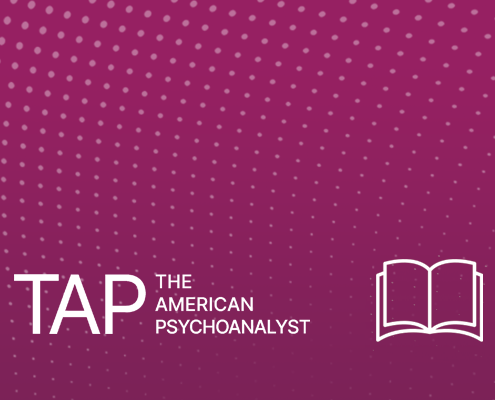Soul Murder is a crime, not a diagnosis, Leonard Shengold argues. It comprises a particularly toxic combination of chronic abuse (sexual, physical or emotional), and extreme neglect of a child’s healthy developmental needs. In this presentation, the history of soul murder will be considered together with clinical accounts and examples from literature. It will be proposed that the soul murderer is continually murdering themselves, and imposes on the infant this identification with a murderous internal part-object. So powerful is the projective identification and the introjection that the child yields their true self to a form of death by brainwashing. Less dramatic but similarly debilitating versions of this can occur in perverse relationships in which sadism is a feature. Rehabilitation of a soul murdered individual requires acceptance and recognition of murder, the absence of a true self and the growth of a self from ashes. This clinical picture provides analysts with an unusual set of circumstances, which may or may not include psychosis, but will reveal trauma at multiple levels of experience. How to think about, and modify analytic technique, particularly in the countertransference, in order to listen to a soul murdered person, will be emphasized.
APsA Publications

The Journal of the American Psychoanalytic Association (JAPA)
JAPA is a peer-reviewed journal publishing original articles and commentaries, ground-breaking research, thoughtful plenary addresses, in-depth panel reports, and more.

The American Psychoanalyst (TAP)
APsA’s triannual magazine, TAP, offers a psychoanalytic perspective on current events in psychology, the arts, and culture for mental health professionals, students, and the general public.

Psychotherapist Newsletter
The Psychotherapist Newsletter features scientific programs and publications about psychoanalytic psychotherapy, personal reflections, social and community issues, and advocacy.
© 2009-2025 American Psychoanalytic Association | 122 East 42nd Street, Suite 2310, New York, NY 10168 | Phone: (212) 752-0450 | [email protected]

